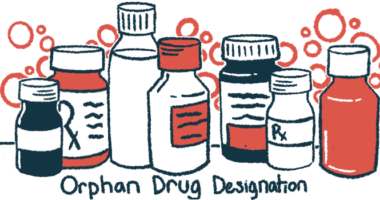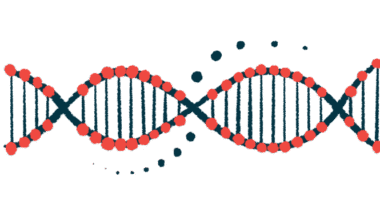
Non-drug Treatments for Pulmonary Fibrosis
Oxygen Therapy
Oxygen therapy is commonly prescribed for patients with PF. The therapy is used to treat low levels of oxygen in the blood, which is caused by scarring in the lungs. The scarring inhibits the transfer of oxygen and carbon dioxide to and from the body. A steady flow of pure oxygen increases the concentration of oxygen in the lungs and elevates oxygen levels in the bloodstream. Improved breathing leads to improvements in related secondary symptoms that affect quality of life.
Pulmonary Rehabilitation
Pulmonary rehabilitation is an education- and exercise-driven program that helps improve lung health and function in people with chronic lung diseases such as pulmonary fibrosis. The program is tailored to each patients’ needs based on their medical history, symptoms, and lung function test results. The goal is for the skills and knowledge learned in such a program to help people with PF feel better, become stronger, and increase their fitness.
Palliative Care
Palliative care is a specialized care approach aimed at improving the quality of life for both seriously ill patients and their families. In PF, it is focused on relieving the common symptoms of the disease, including shortness of breath, dry and/or chronic cough, fatigue, unexplained weight loss, and aching muscles/joints. It is usually provided by a team of specialists that includes doctors, nurses and social workers.
Lung Transplant
For PF patients, a lung transplant may be the best choice for extending life and improving quality of life. Because PF is a progressive disease with no current cure, the lungs eventually become too scarred to function. A lung transplant can give PF patients a second chance. But the procedure is not without risks, and specialists usually exhaust other treatment options before suggesting a lung transplant.




